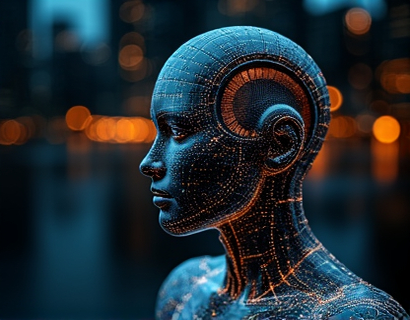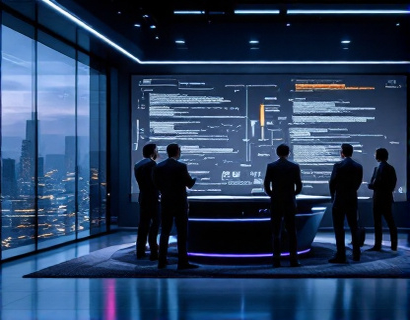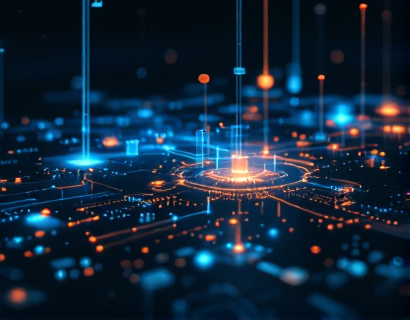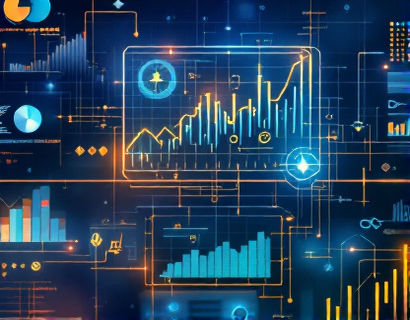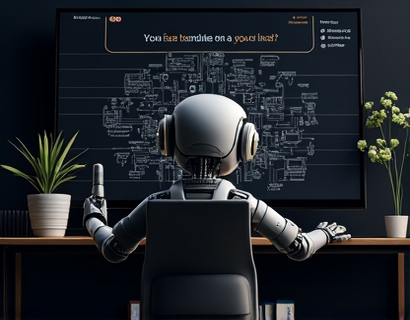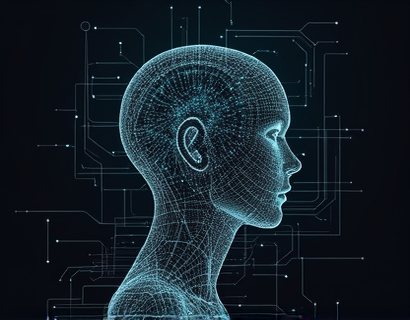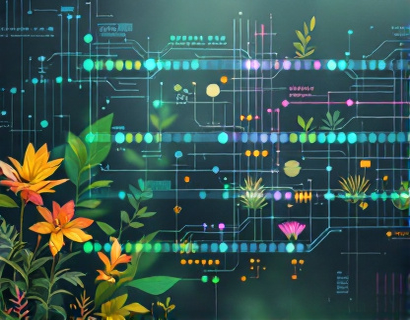Unlock Global Connections with Advanced AI Translation Technology
In an increasingly interconnected world, the ability to communicate seamlessly across languages is more crucial than ever. Advanced AI translation technology has emerged as a game-changer, breaking down language barriers and fostering global connections. This technology offers precise and rapid translations, enabling businesses and individuals to engage in efficient and accurate multilingual interactions. The impact of such advancements extends across diverse industries, enhancing business interactions and expanding opportunities for global collaboration.
Understanding the Importance of AI Translation
The traditional methods of translation, whether human-driven or rule-based machine translation, often fall short in delivering the nuanced and context-aware translations required in today's fast-paced global environment. AI translation technology addresses these limitations by leveraging deep learning algorithms and neural networks to understand and translate text with unprecedented accuracy. This technology can process vast amounts of data, learn from context, and adapt to specific industries or domains, making it an invaluable tool for global communication.
How AI Translation Works
At the core of AI translation technology is the neural machine translation (NMT) model. Unlike traditional statistical machine translation, NMT uses neural networks to analyze and generate translations. These models are trained on massive datasets, allowing them to capture the complexities of language, including grammar, syntax, and idiomatic expressions. The process involves several key steps: tokenization, where text is broken down into smaller units; encoding, which converts these units into numerical representations; and decoding, where the numerical representations are transformed back into coherent text in the target language. This sophisticated approach ensures translations that are not only accurate but also contextually relevant.
Benefits for Businesses
For businesses operating in a global market, AI translation technology offers numerous advantages. One of the most significant benefits is the ability to communicate effectively with international clients and partners. Accurate translations reduce misunderstandings and build trust, which is essential for successful business relationships. AI translation tools can also automate routine translation tasks, freeing up valuable time for more strategic activities. Additionally, these tools can help businesses expand into new markets by providing localized content, making it easier to connect with local audiences and comply with regional regulations.
Enhancing Customer Service
Customer service is a critical aspect of any business, and language barriers can often hinder effective communication. AI translation technology can significantly improve customer service by enabling real-time translation of customer inquiries and support responses. This ensures that customers receive timely and accurate assistance, regardless of their language. For multinational companies, this capability is particularly valuable, as it allows them to provide consistent service across different regions and languages.
Streamlining International Collaboration
In today's collaborative business environment, teams often work across different time zones and languages. AI translation tools facilitate seamless communication within these teams, breaking down language barriers and fostering a more inclusive and productive work environment. Project management tools integrated with AI translation can automatically translate documents, comments, and messages, ensuring that all team members are on the same page. This not only enhances collaboration but also accelerates project timelines and improves outcomes.
Benefits for Individuals
For individuals, AI translation technology opens up a world of possibilities. Travelers can navigate foreign countries more easily, understanding signs, menus, and conversations with locals. Students and researchers can access a wealth of information in multiple languages, enhancing their learning and research experiences. Moreover, AI translation apps and tools can help individuals connect with people from different cultural backgrounds, fostering global friendships and cultural exchange.
Travel and Tourism
Traveling to a foreign country can be both exciting and challenging, especially when language differences come into play. AI translation apps can be a lifesaver, providing on-the-go translation services for various scenarios. From translating street signs and menus to facilitating conversations with locals, these tools make travel more enjoyable and stress-free. For tourists, having access to real-time translations can enhance their experience, allowing them to fully immerse themselves in the local culture and cuisine.
Education and Learning
In the educational sector, AI translation technology can bridge the gap between students and educational resources. Language barriers often limit access to international academic journals, research papers, and online courses. AI translation tools can translate these resources into the student's native language, making high-quality educational content more accessible. For language learners, these tools provide instant feedback and practice, accelerating the learning process and improving language proficiency.
Industry-Specific Applications
Healthcare
The healthcare industry faces unique challenges when it comes to language barriers, as accurate communication is crucial for patient care and safety. AI translation technology can assist healthcare professionals in understanding patient histories, symptoms, and treatment plans in multiple languages. This ensures that patients receive the appropriate care, regardless of their language background. Additionally, medical documents and patient education materials can be translated accurately, improving patient understanding and compliance with treatment regimens.
Legal and Compliance
In the legal field, precision and clarity are paramount. AI translation tools can help translate legal documents, contracts, and regulations with high accuracy, reducing the risk of misinterpretation. This is particularly important for multinational corporations that operate in multiple jurisdictions with varying legal requirements. Accurate translations ensure that all parties have a clear understanding of their rights and obligations, facilitating smoother legal processes and compliance.
Marketing and Advertising
For marketing and advertising professionals, reaching a global audience requires content that resonates with local cultures and languages. AI translation technology enables brands to create localized marketing materials, from website content to social media posts. This not only enhances the effectiveness of marketing campaigns but also builds brand loyalty by showing respect for local languages and cultures. AI tools can also analyze the impact of translations, providing insights into which messages resonate best with different audiences.
Challenges and Considerations
While AI translation technology has made significant strides, there are still challenges to consider. One of the primary concerns is the accuracy of translations, especially for complex or specialized content. While NMT models have improved dramatically, they can still struggle with nuanced language, humor, and cultural references. It is essential to use these tools in conjunction with human oversight to ensure the highest quality translations. Additionally, data privacy and security are critical, as sensitive information may be processed through these systems. Ensuring compliance with data protection regulations is paramount.
Human-AI Collaboration
The future of translation lies in the collaboration between humans and AI. While AI can handle the bulk of translation tasks, human translators play a vital role in reviewing and refining translations, especially for high-stakes documents. This hybrid approach combines the efficiency of AI with the nuanced understanding of human translators, resulting in translations that are both accurate and culturally appropriate. As AI technology continues to evolve, the role of human translators will shift towards more strategic and creative tasks.
Conclusion
Advanced AI translation technology is revolutionizing the way we communicate globally. By providing precise and rapid translations, it breaks down language barriers and enhances business interactions across diverse industries. Whether for businesses looking to expand internationally or individuals seeking to connect with people from different cultures, AI translation tools offer a powerful solution. As the technology continues to advance, the potential for seamless global communication becomes increasingly promising, paving the way for a more interconnected and understanding world.




